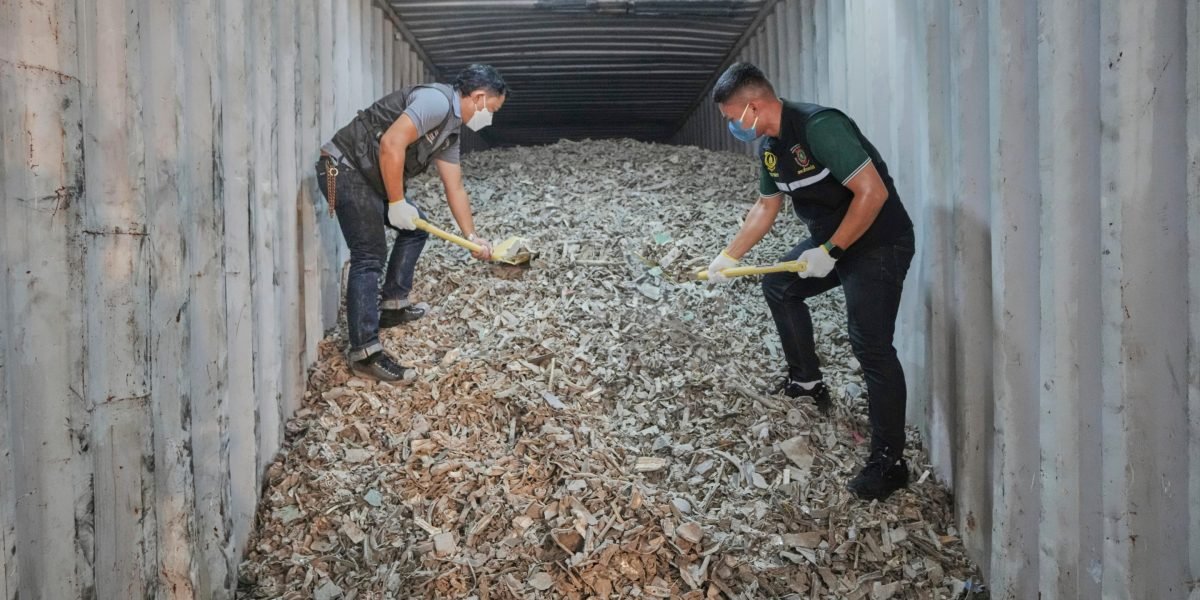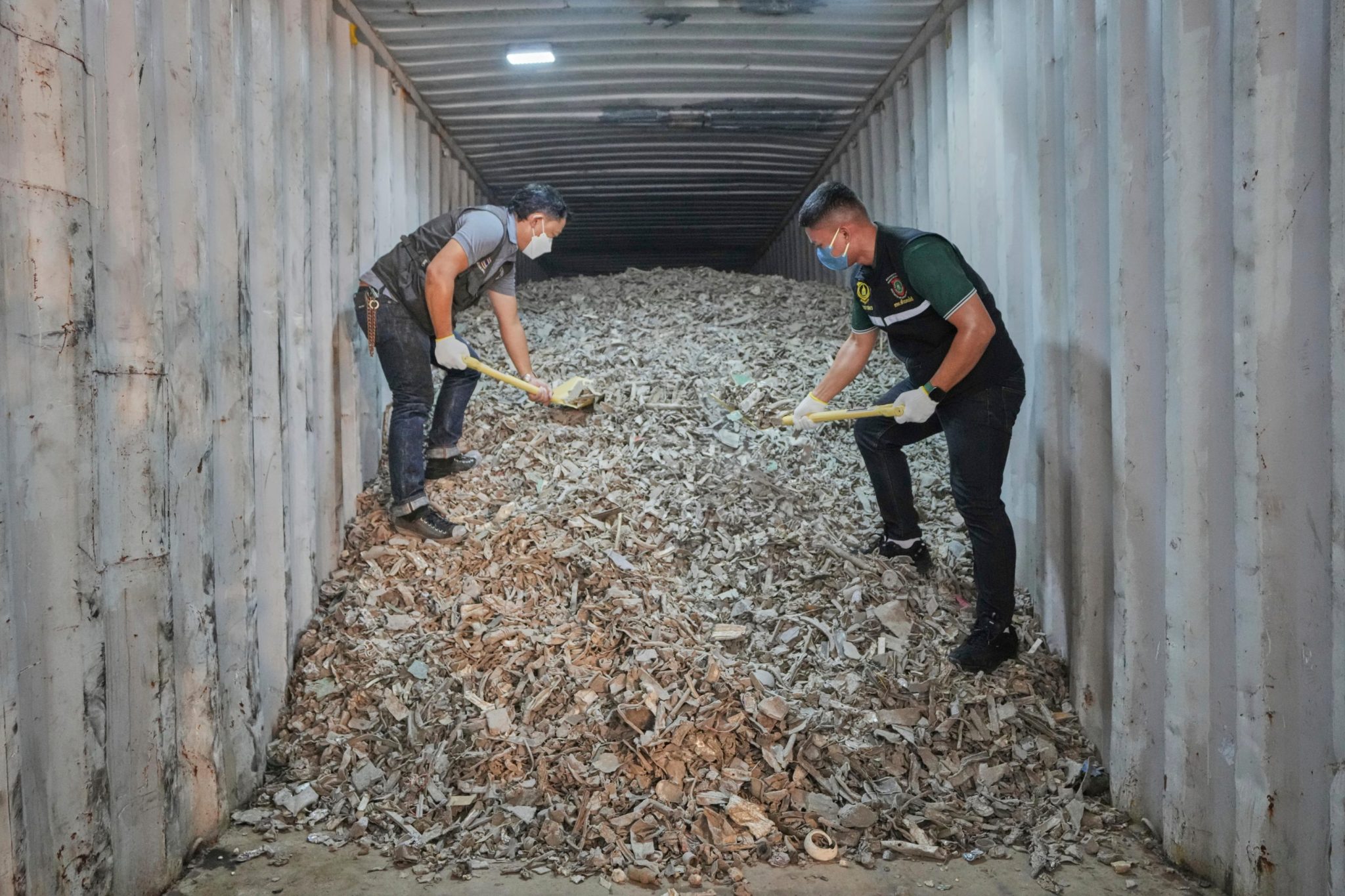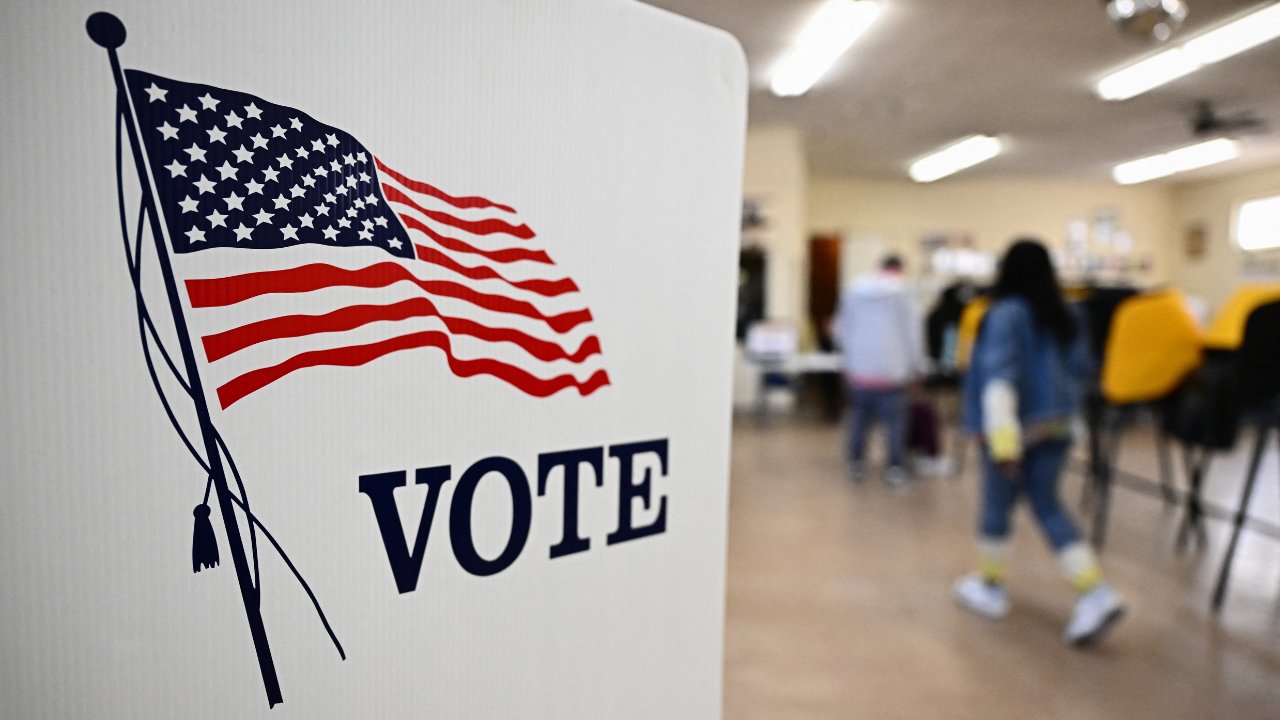
The United States is drowning Southeast Asia in a “hidden tsunami” of toxic electronic waste, according to a two-year investigation

Millions of tons of discarded electronic devices are being shipped overseas from the United States, mostly to developing countries in Southeast Asia that are unprepared to safely handle hazardous waste, according to a new report from the environmental watchdog.
The Seattle-based Basel Action Network said that a two-year investigation found that at least 10 American companies are exporting used electronics to Asia and the Middle East, in what it describes as a “hidden tsunami” of electronic waste.
“This new, almost invisible tsunami of electronic waste is occurring… increasing already lucrative profit margins in the electronics recycling sector while allowing a significant portion of the American public and businesses’ IT equipment to be surreptitiously exported to Southeast Asia and processed under harmful conditions.”
Electronic waste, or e-waste, includes discarded devices such as phones and computers that contain valuable materials and toxic metals such as lead, cadmium, and mercury. With devices being replaced faster, global e-waste is growing five times faster than its official recycling rate.
The world produced a record 62 million metric tons in 2022. This number is expected to rise to 82 million by 2030, According to the United Nations International Telecommunication Union and its research arm UNITAR.
American e-waste increases the burden on Asia, which already produces nearly half of the world’s total. Most of it is disposed of in landfills, leaching toxic chemicals into the environment. Some end up in Informal scrap yardsWorkers burn or dismantle devices by hand, often without protection, releasing toxic fumes and scraps.
According to the report, about 2,000 containers — nearly 33,000 metric tons (36,376 U.S. tons) — of used electronics leave U.S. ports each month. She said the companies behind the shipments, described as “e-waste brokers,” typically do not recycle the waste themselves, but rather send it to companies in developing countries.
Companies identified in the report include Attan Recycling, Corporate eWaste Solutions or CEWS, Creative Metals Group, EDM, First American Metals, GEM Iron and Metal Inc., Greenland Resource, and IQA Metals, PPM Recycling, and Semsotai.
Six of the companies did not respond to email requests for comment.
Semsotai told the Associated Press that it does not export scrap, but only reusable components. She accused Ban of bias.
PPM Recycling told The Associated Press that it complies with all regulations and strictly handles shipments through approved partners. Greenland Resources told The Associated Press that it took the allegations seriously and was reviewing the matter internally. Both said they could not comment further without seeing the report.
CEWS said it follows strict environmental standards, but some aspects of where and how recycled materials are handled are industry secrets.
The report estimated that between January 2023 and February 2025, the 10 companies exported more than 10,000 containers of potential e-waste worth more than $1 billion, the report said. Industry-wide, the value of this trade can reach $200 million per month.
The report said that eight of the ten companies identified hold R2V3 certifications – an industry standard aimed at ensuring electronics are recycled safely and responsibly, raising questions about the value of such certification.
Many companies operate outside of California, despite the state’s strict e-waste laws that require full reporting and proper handling of electronic and global waste.
Many of the e-waste containers go to countries that have banned such imports under the Basel Convention, an international treaty that bans the trade of hazardous waste from non-signatory countries such as the United States, the only industrialized country that has not yet ratified it.
The nonprofit said its review of government and private business records from ship and customs officials showed that shipments were often declared under trade codes that did not match those for e-waste, such as “commodity materials” such as raw metals or other recyclable goods to avoid detection. The report said such classifications were “highly unlikely” given how companies publicly describe their operations.
Tony R. said: Walker, who studies the global waste trade at Dalhousie University’s School of Resources and Environmental Studies in Halifax, Canada, said he’s not surprised that e-waste continues to evade regulation. He added that while some devices can be legally traded if they are working, most of these exports to developing countries are broken or outdated and mislabeled, destined for landfills that pollute the environment and have little market value.
He pointed to Malaysia — a Basel Convention signatory identified in the report as a major destination for U.S. e-waste — saying the country would be burdened with that volume, in addition to waste from other wealthy countries.
“This simply means that the country is burdened by what is essentially cross-contamination from other countries,” he said.
The report estimates that U.S. e-waste shipments may have accounted for about 6% of total U.S. exports to the country from 2023 to 2025. After China banned foreign waste imports in 2017, many Chinese companies shifted operations to Southeast Asia, using family and business connections to secure permits.
“Malaysia has suddenly become a place of junk,” said Jim Puckett of the Basel Action Network.
The report added that containers were also sent to Indonesia, Thailand, the Philippines and the United Arab Emirates, despite bans under the Basel Convention and national laws.
In countries receiving this American e-waste, undocumented workers desperate for jobs toil in makeshift facilities, inhaling toxic fumes as they strip wires, melt plastics, and disassemble devices without protection, the report said.
Authorities in Thailand and Malaysia have stepped up efforts to curb illegal imports of US e-waste.
in May, Thai authorities seized 238 tons of American e-waste at the port of Bangkok Malaysian authorities seized 238 tons of American scrap at the port of Bangkok, while Malaysian authorities seized $118 million worth of e-waste in nationwide raids in June.
Most of the facilities in Malaysia are illegal and lack environmental safeguards, said Sepeng Wong of the Malaysian Anti-Corruption and Nepotism Centre.
She said that the export of electronic waste from rich countries to developing countries exhausts local facilities, overwhelms efforts to manage local waste, and is a form of “waste colonialism.”













Post Comment